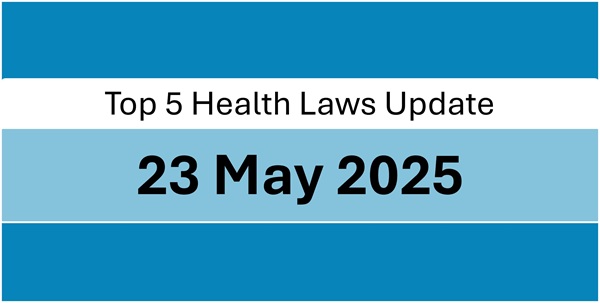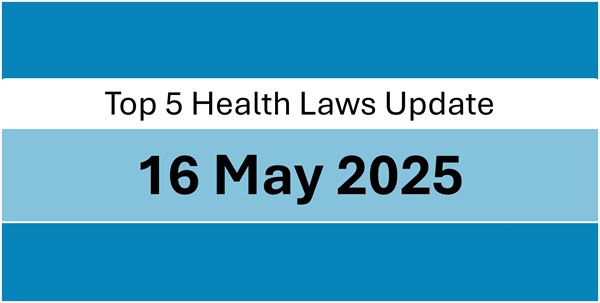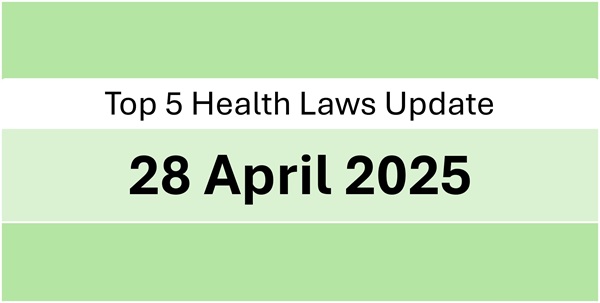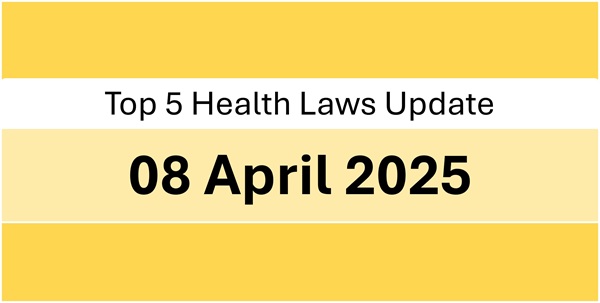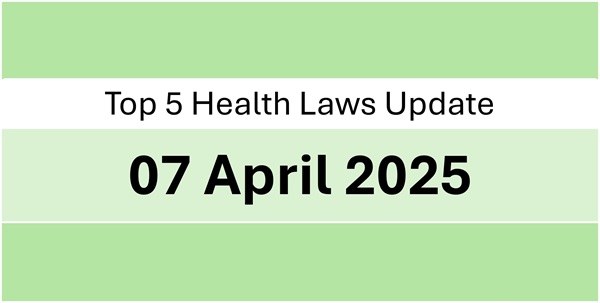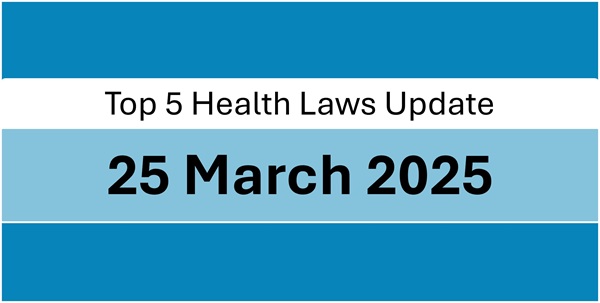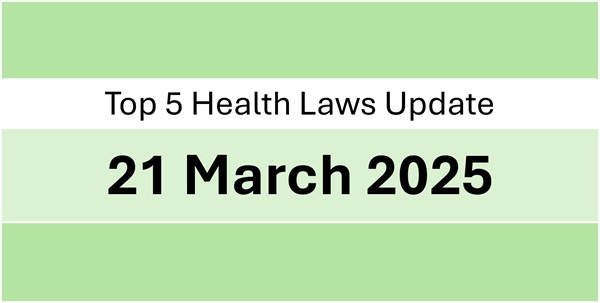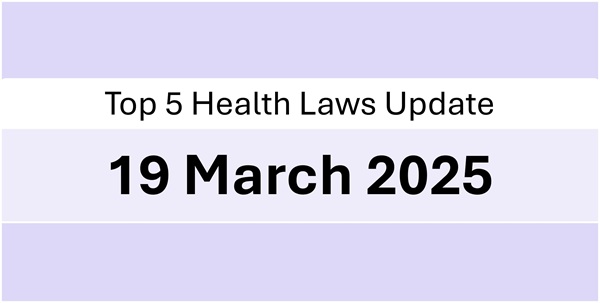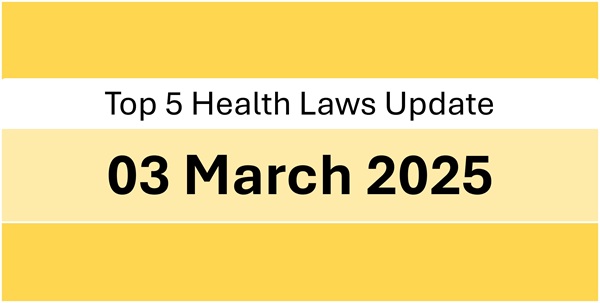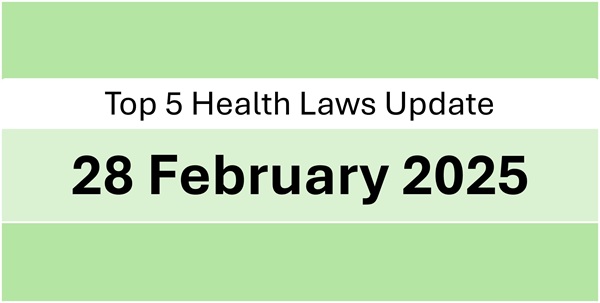Dear Readers, we are happy to share the most interesting legal and policy updates concerning health industry that we read today. we hope you enjoy reading it.
1. Health Ministry’s proposal to amend the Drugs and Magic Remedies Act, aimed at curbing misleading medical advertisements, has been stalled since year 2022. The outdated Act allows deceptive ads, especially in AYUSH and modern medicine sectors, to persist unchecked has been revealed by an RTI.
Source: bit.ly/4kvddgY
2. Karnataka Government has suspended all Jan Aushadhi Kendras inside government hospitals, ensuring patients receive all medicines free of cost from hospital pharmacies. Kendras outside hospitals will remain open.
Source: bit.ly/4dtDZE2
3. GS1, the non-profit standards organisation is set to replace traditional barcodes with advanced 2D bar code technology by 2027 to improve product traceability, safety, and transparency, allowing consumers and businesses to access key details like origin, expiry, and recall information with one scan.
Source: bit.ly/45ahMsP
4. The UK’s Medicines and Healthcare products Regulatory Agency (MHRA) is enhancing its Manufacturer’s Online Reporting Environment (MORE) to improve medical device safety. Effective June 16, 2025, manufacturers must submit Manufacturer Incident Reports (MIRs) and Field Safety Corrective Actions (FSCAs) through the updated MORE platform. The changes aim to strengthen post-market surveillance and facilitate better risk management
Source: bit.ly/3SRvQje
5. US Government is pressing India for tariff reductions on medical equipment as part of ongoing bilateral trade negotiations. After the US imposed a steep 26% tariff on Indian medical device exports in April 2025 up from previous rates of near-zero to 6%. India is seeking full exemption from these duties, which have been temporarily suspended for 90 days until July 9.
Source: bit.ly/4kv9WOu

